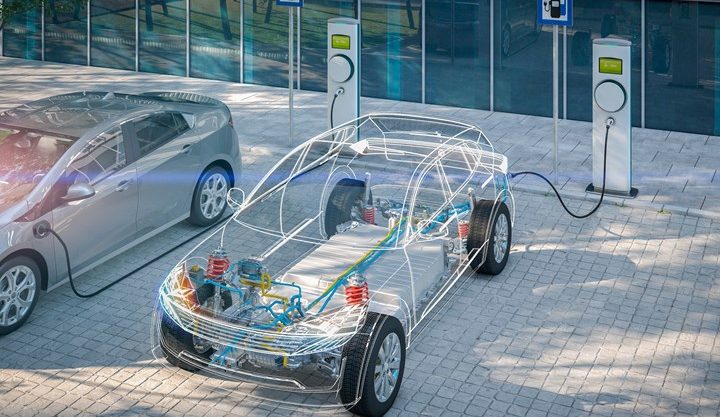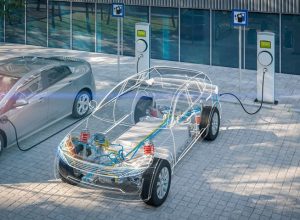When it comes to choosing an electric vehicle, there are many advantages, including less noise, lower maintenance costs, and less noise pollution. You might also want to consider the advantages of using an electric vehicle for your personal transportation.
However, these advantages are only half of the equation. Read on for some other reasons to consider electric vehicles for your personal transportation needs. After all, you won’t be the only person who will benefit from these benefits.
Less Noise Pollution
Compared to conventional vehicles, electric vehicles produce less noise than their petrol and diesel counterparts. Because electric motors are almost silent, less noise is produced.
Low-speed EVs can reach 40dB, and those with AVAS can reach 55dB. The sound level of EVs is also considerably less than petrol cars, trucks, and motorbikes, which can reach 93dB. These vehicles are thus a greener option.
In 2016, the National Highway Traffic Safety Administration (NHTSA) announced that electric vehicles must emit no more than a squeaky-silent sound at speeds of up to 18.6 mph.
Though the deadline was extended, automakers still must meet 50 percent compliance by September 2019.
Cheaper To Buy
With record sticker prices and a limited supply of new cars at dealerships, the cost of buying a new vehicle can seem unaffordable. But, if you’re considering purchasing an EV, you may be surprised to learn that these vehicles are actually cheaper to buy than conventional cars.
Here are some reasons why. And, don’t forget that the initial cost of ownership may not be as high as you think.
When comparing the upfront cost of owning an electric vehicle to the cost of operating a gas-powered one, consider the ongoing costs. Once you’ve paid off the loan, your electric vehicle will be significantly cheaper than a gas-powered counterpart.
That’s because the cost of charging an EV will be much less than maintaining a gas-powered car. In addition to this, you’ll save a substantial amount on maintenance per year and federal tax credits.
Less Maintenance
Electric vehicles require less maintenance than conventional cars. Compared to a traditional internal combustion engine, they have fewer moving parts and require much less servicing. Electric cars also do not need oil changes to their exhaust systems.
In fact, electric cars only require the replacement of tires, windshield wiper fluid, and brake pads. This means less expense for drivers. Further, electric vehicles use less antifreeze, which means less breakage.
Electric vehicles are also cheaper to maintain than gas-powered cars. Consumer Reports analyzed real-world maintenance costs for hundreds of thousands of members to come up with a comprehensive comparison of the two technologies.
In the end, electric vehicles saved nearly 50% on maintenance costs. This makes them a smart option for families on a budget. Aside from this, they are much easier to drive. This makes them an attractive choice for commuters who need to make short trips on a daily basis.
Energy Efficiency
There’s a big debate over the energy efficiency of electric vehicles. While the electrification of vehicles has increased their efficiency in reducing CO2 emissions, it has not made them completely green. There are other issues to consider, besides just CO2 emissions, such as the cost of manufacturing an electric vehicle.
The size of a vehicle, along with the battery and other components, affects the overall energy consumption of a car. This makes it important for companies to think carefully about their policies when developing electric vehicles.
EVs have higher energy efficiency than conventional vehicles due to the fact that they are less sensitive to the queuing effect at intersections. These vehicles’ non-transient duty cycle, as well as efficient driving techniques, help them reach higher energy efficiency than conventional vehicles.
This efficiency extends to stop-and-go scenarios, where conventional cars have trouble maintaining a steady state of operation. While the energy efficiency of electric vehicles is still lacking compared to gasoline vehicles, there are some improvements.






















Comments